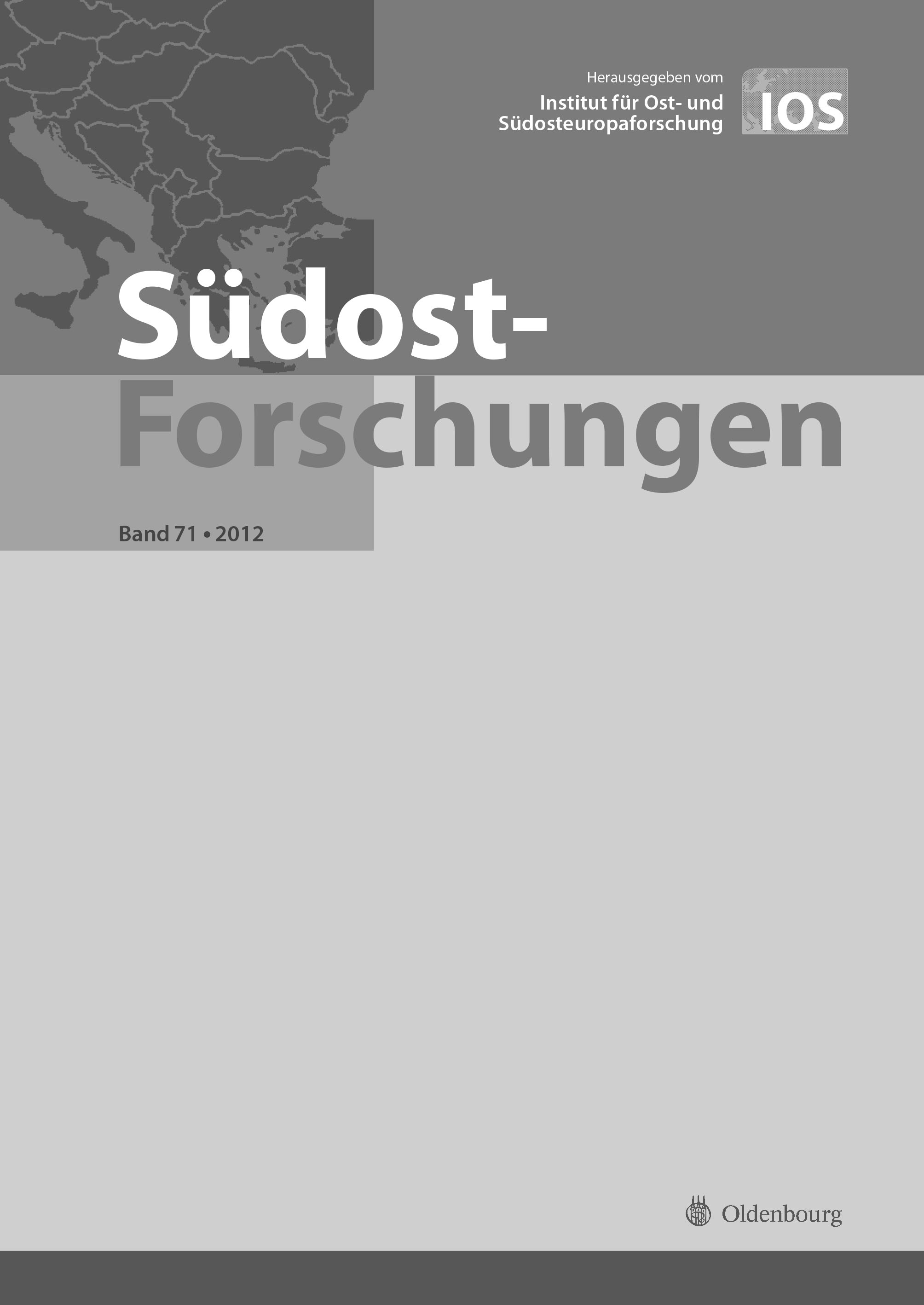Österreichisch-ungarische Interessendurchsetzung im Kaza von Tirana
Austro-Hungarian Enforcement of Interests in the Kaza of Tirana
Author(s): Krisztián Csaplár-DegovicsSubject(s): Diplomatic history, Political history, 19th Century, Pre-WW I & WW I (1900 -1919)
Published by: De Gruyter Oldenbourg
Summary/Abstract: Historians generally concentrate themselves on the Albanian policy of the Danube Monarchy as either a part of a great power’s policy or as a reflection of the rivalry between Vienna and Rome in the Adriatic. Local research, in contrast, has mainly focused on the history of the cult protectorate. Yet, an understanding of relations between Albania and Austro-Hungary demands a more nuanced examination. Selecting a short period (1900‒1903) in a minor region (kaza of Tirana), this article provides that nuance by using a micro-historical approach to examine why Ballhausplatz decided to introduce a new Albanian policy in 1896, to explore what local circumstances were, and to look at the Monarchy’s intended methods for implementation. The kaza of Tirana appears to be a good choice because before 1900 the Monarchy had no apparent interest in this Muslim region. The paper also contributes to two theoretical approaches: 1) “ethnicity without groups” as discussed by Brubaker and 2) the discourse on colonialism. On the one hand the study aims to call attention to the fact that the nation-building process in Albania was promoted by “external ethnic actors” who never intended to become members of the new nation. On the other hand, the paper wishes to shed light on the “Albanian lobby” actions as a real imperial pressure group close to the Ballhausplatz by connecting Evelyn Kolm, Eric A. Leuer, Bojan Aleksov, Robin Okey and Walter Sauer’s studies on colonial attitudes in relation to the Monarchy.
Journal: Südost-Forschungen
- Issue Year: 2012
- Issue No: 71
- Page Range: 129-182
- Page Count: 54
- Language: German
- Content File-PDF

